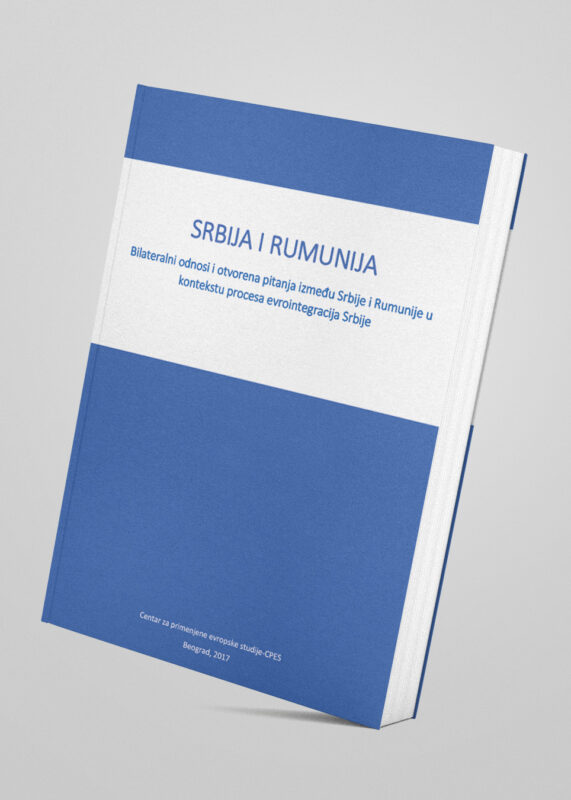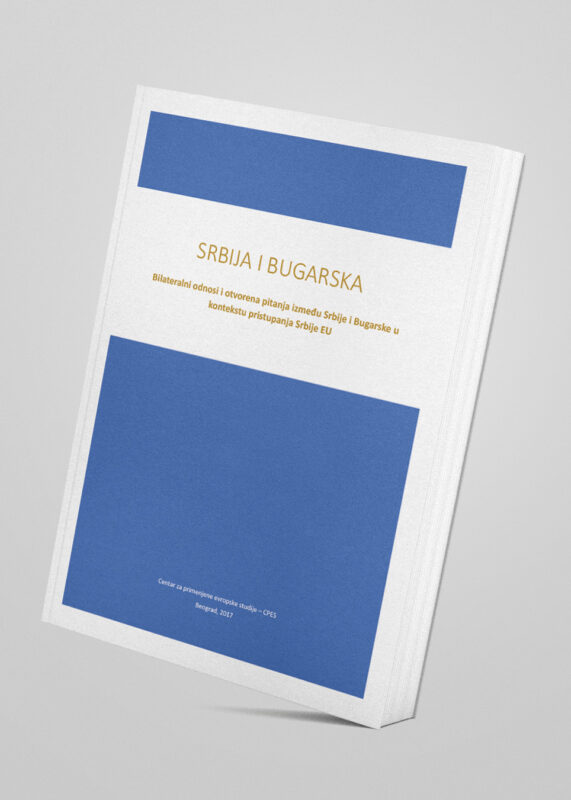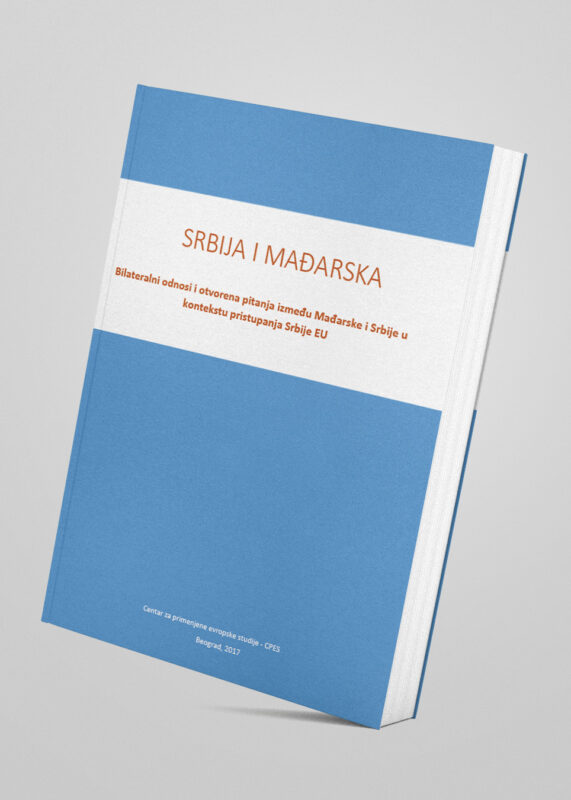Toward long-lasting resolution of Serbia’s open issues with its neighbors
The process of Serbia’s accession to the European Union depends on the dynamics of the opening and successful completion of 35 negotiation chapters. Although the European Commission has previously considered that bilateral disputes between EU member states and candidate countries must be resolved independently of the course of the negotiation process, experience so far has shown that such disputes can significantly delay the opening of negotiation chapters or even completely stop them.
Bearing in mind the February 2018 EU enlargement strategy for the Western Balkans in which it was reiterated that the EU would not agree to import bilateral disputes from potential members, we will try to identify possibilities for resolving specific disputes between Serbia and its neighbors, given the pace of integration with the aim of joining the EU in 2025.
During the analysis of Serbia’s foreign policies conducted by CPES in 2016/2017, it was found that relations with the former Yugoslav republic remain much more specific than the ones with the “old” neighbors – Hungary, Romania and Bulgaria, that they still continue to produce mutual disputes which, among other things, additionally burden the EU integration process of Serbia and the whole region.
In that context, relations with two neighboring countries – Croatia and Bosnia and Herzegovina – stand out. With both countries Serbia has open issues of war heritage that include matters of war crimes investigations and trials, the fate of missing persons, claims of private and cultural property, as well as issues related to the historical interpretation of the war in the SFRY. With both countries there are also open border disputes, which can be resolved by bilateral agreement or binding arbitration.
Serbia’s relations with Montenegro and Macedonia are also the subject of this analysis. Although much more stable than Serbia’s relations with Croatia and BiH, these relations will be analyzed in the light of possible disputes caused by sporadic sparks, such as the case of the sudden closure of the Serbian Embassy in Skopje in 2017.




